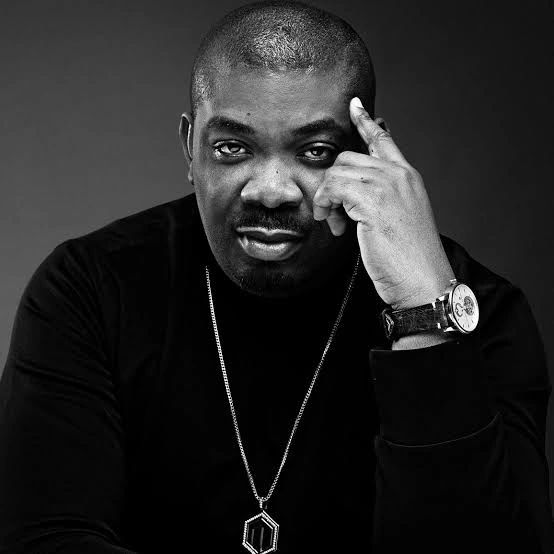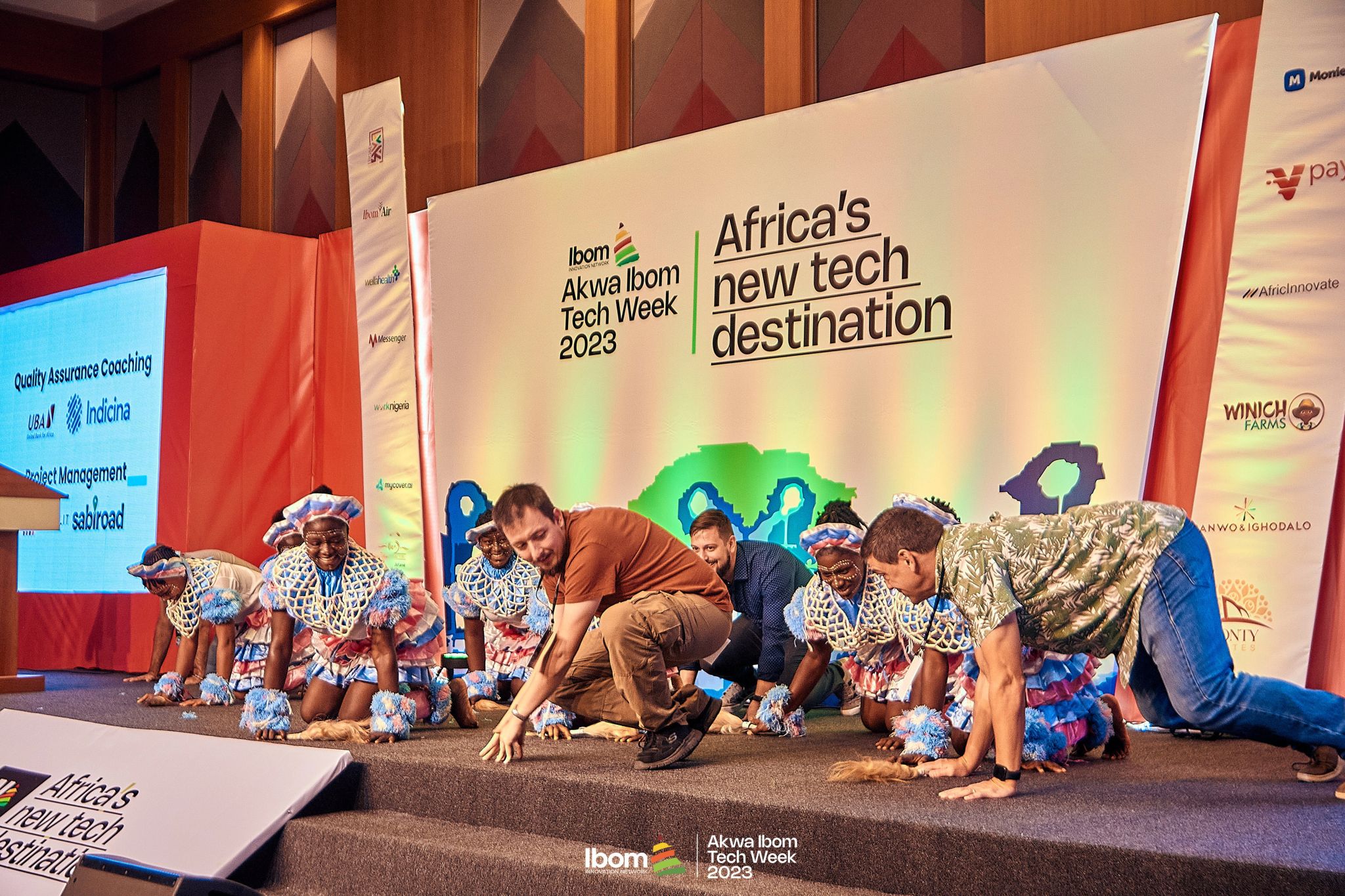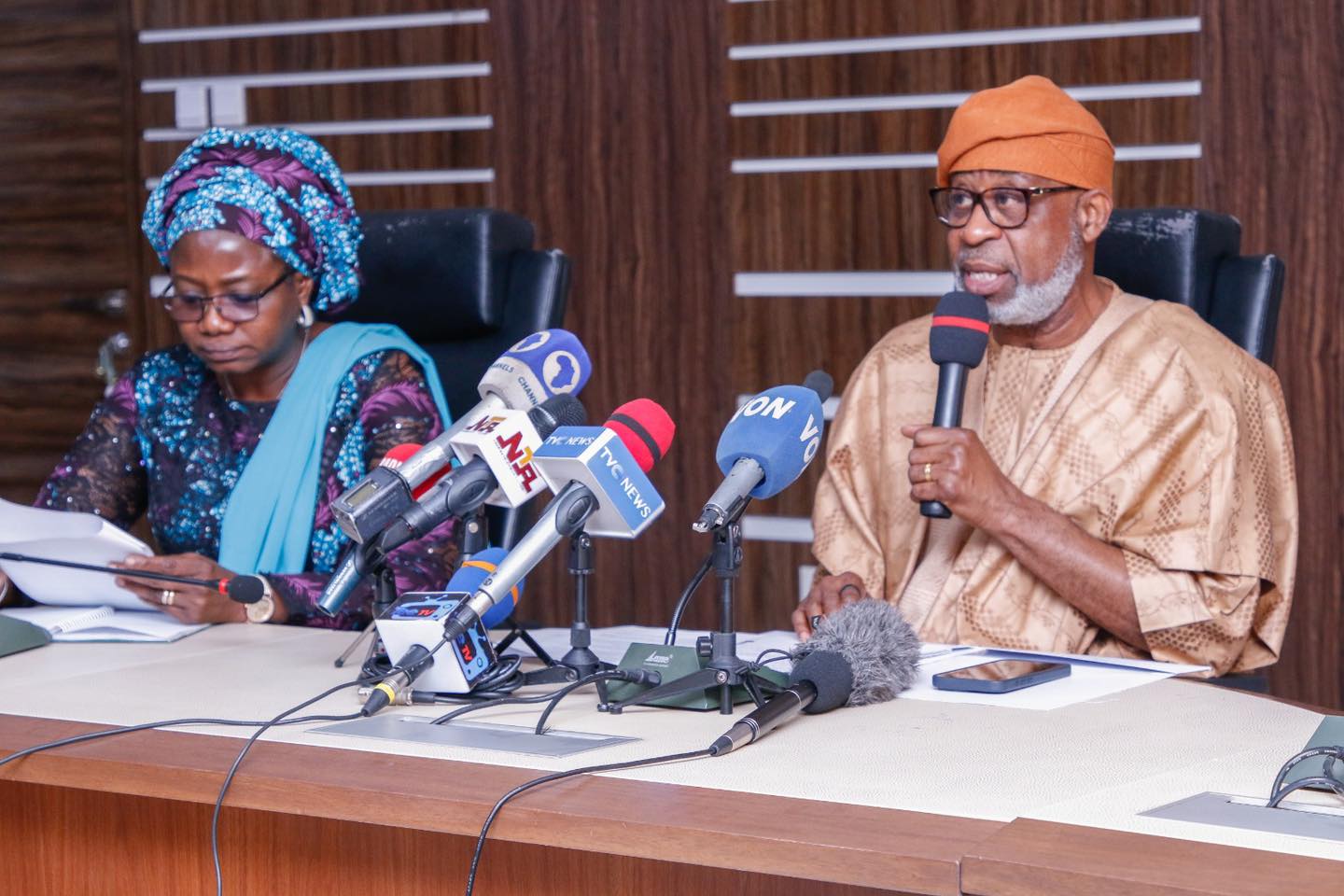In the wake of the recent acquisition of “Marvin Records” by Universal Music Group (UMG), there’s an undercurrent of excitement echoing across the industry. However, one voice stands out in a contemplative tone, urging a pause for reflection on the broader implications.
Nigerian entrepreneur and commentator, [Your Name], acknowledges the micro-level celebration surrounding Don Jazzy and his team’s impressive achievement. Undoubtedly, the sale marks a significant milestone for their dream. Yet, [Your Name] directs attention to the macro level – the realm where nations play and govern – urging a moment of introspection.
The concern raised is not against the success of individuals or entities but a call to consider the long-term impact on national heritage. [Your Name] draws parallels to other nations whose corporate entities serve as cultural dominances and symbols of pride. Icons such as McDonald’s, HP, Coca Cola, Disney, CNN, Samsung, Siemens, Sony, Armani, and Woolworths are highlighted as corporate heritages reflecting the cultural identity of their respective nations.
The question posed to the Nigerian generation is whether they are creating similar corporate heritages for the future or merely focusing on building, cashing out, and celebrating financial success. The analogy of nations taking pride in owning companies of heritage, likened to military might, reinforces the idea that it accords power and strengthens a nation’s standing in the global community.
The concern is not an outright dismissal of individual successes or financial gains but a broader contemplation of the strategic importance of building lasting corporate legacies. [Your Name] raises the question of whether, with UMG now in control, the name “Marvin Records” will endure on the door in 15 years.
In the spirit of constructive dialogue, [Your Name] extends congratulations to Don Jazzy for this remarkable achievement, emphasizing that the discourse is not a critique but a call for a collective examination of the path being carved for the future of Nigerian corporate legacies.
Chinonso Ogbogu

















